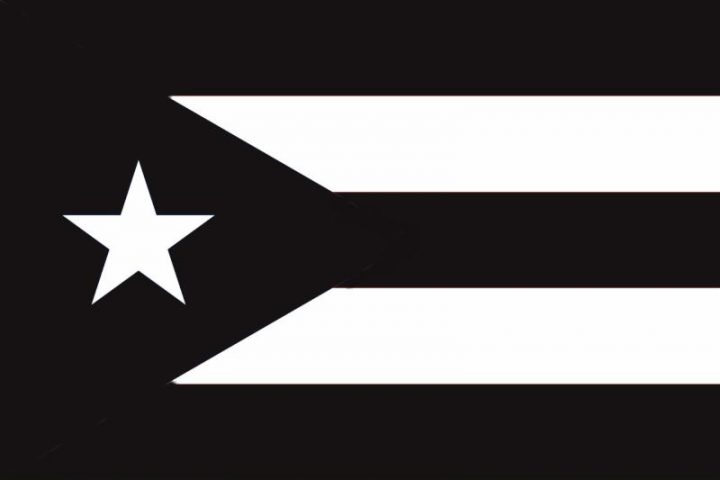Letter from Elizabeth Yeampierre, Executive Director at UPROSE
Mi Gente,
I write this note with a heavy heart in this time of unprecedented crisis for Puerto Rico. At the same time, as Executive Director of Brooklyn’s oldest Latino organization, one founded by Puerto Rican activists in the Civil Rights era, it has been heart-warming to witness the outpouring of aid, support, and prayers from all segments of our community. This has lifted our spirits and maintained our sense of hope. However, as a climate justice organization, we have significant concerns about the response to this crisis from both government and private interests – and how this will affect relief, recovery, and rebuilding.
- This morning, the Department of Homeland Security issued a temporary 10-day waiver of the Jones Act, which restricts maritime shipping between American ports to American vessels. This policy has limited the number of vessels able to provide relief to the island and has inflated the cost of goods. The fact that this waiver came so late demonstrates the racism of this federal administration, which saw the short-term interests of the American shipping industry as more important than the people who need immediate life-saving relief. Even more, the devastation on Puerto Rico will require unrestricted access to imported goods and resources for any foreseeable future. The Jones Act needs to be permanently overturned to allow this free movement of relief indefinitely.
- As federal relief efforts move forward, we need to be sure that they are going to those who most need them. We demand to see a prioritization plan from the federal government that breaks down a transparent decision-making process around distribution of resources, and in the longer term, investments. Aid should be prioritized based not on where US economic interests are concentrated, but where it’s needed most to preserve lives and human health.
- The federal prioritization plan must be informed by conditions on the ground. These conditions should be based on public and accessible status reports from the leadership in each town that assess the damage, including lives lost and property lost. This should also include a complete assessment of all of the infrastructure in Puerto Rico, including: energy, transportation, communications, water and sewage facilities, etc.
- The federal plan should also incorporate a detailed screening for environmental justice concerns. This includes a mapping of Superfunds and other likely public health hazards, and site prioritization of environmental quality testing of water, soil, and air.
- This needs to be a coordinated federal inter-agency effort to support relief efforts on the ground. This should not be just a military first response effort, but needs to incorporate from the beginning FEMA, EPA, NIEHS, and all relevant federal agencies in a strategic and concerted way.
- Puerto Rico’s economy was devastated by predation, greed, and austerity long before Hurricane Maria. In addition to the physical, environmental, and humanitarian catastrophe unfolding, under current conditions the fiscal road ahead is long and unnecessarily brutal. Puerto Rico requires permanent debt forgiveness so that recovery efforts are not hobbled by the interests of a few financial giants.
- Large environmental organizations and green allies must put the Jemez Principles into practice immediately and consistently. This means refusing to speak or negotiate on behalf of the Puerto Rican people. This means deferring to the local leadership of the island. And this means pooling resources and technical assistance to support, not supplant, the Climate Justice movement.
***
DONATIONS
We are asking that you please make donations in a just and responsible way. The following are local environmental justice organizations based in Puerto Rico that are working at a grassroots level:
Güakiá Colectivo Agroecológico
La Corporación Piñones Se Integra (COPI)
Proyecto Agroecológico El Josco Bravo
Thank you.










